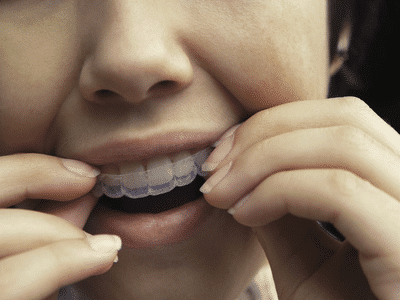
When It’s Essential to Your Treatment
The most obvious times when your compliance is needed are when they help progress your treatment. Things like adjusting your expander, switching your aligners, or changing out elastics would fall in this category. Typically, here, you’re still in the middle of your treatment, and it can’t progress without some diligent effort by you, the patient.
Removable appliances usually need to be worn 24 hours a day except when you eat, drink, or brush your teeth. Your Invisalign should be worn as often as it possibly can, as should rubber bands. These types of treatment depend on the vigilance of the patient for their effectiveness.
General Health
Of course, throughout orthodontic treatment, it is essential that you maintain good oral health. Good brushing habits adjusted for braces, expanders, or other bonded appliances will protect your teeth from decay as treatment progresses. Keeping up your oral health gives your orthodontist the best space to work with during tooth movement.
Good oral health and keeping appliances clean means that the appliances themselves will have a longer life and will have less chance of breaking or falling out.
Post Treatment Compliance
One of the most important parts of the orthodontic treatment actually happens after your braces come off or your last set of Invisalign is finished. That’s right, the seemingly inconsequential retainers.
Though some patients get permanent retainers bonded to the back of their teeth, many patients have removable retainers that they are responsible for wearing. Retainers are especially important directly after treatment because the teeth are most susceptible to reverting. Patient compliance at this stage of treatment will ensure that the treatment sticks. The long-term success of your orthodontic journey ultimately rests on how vigilant you are with your retainers.




